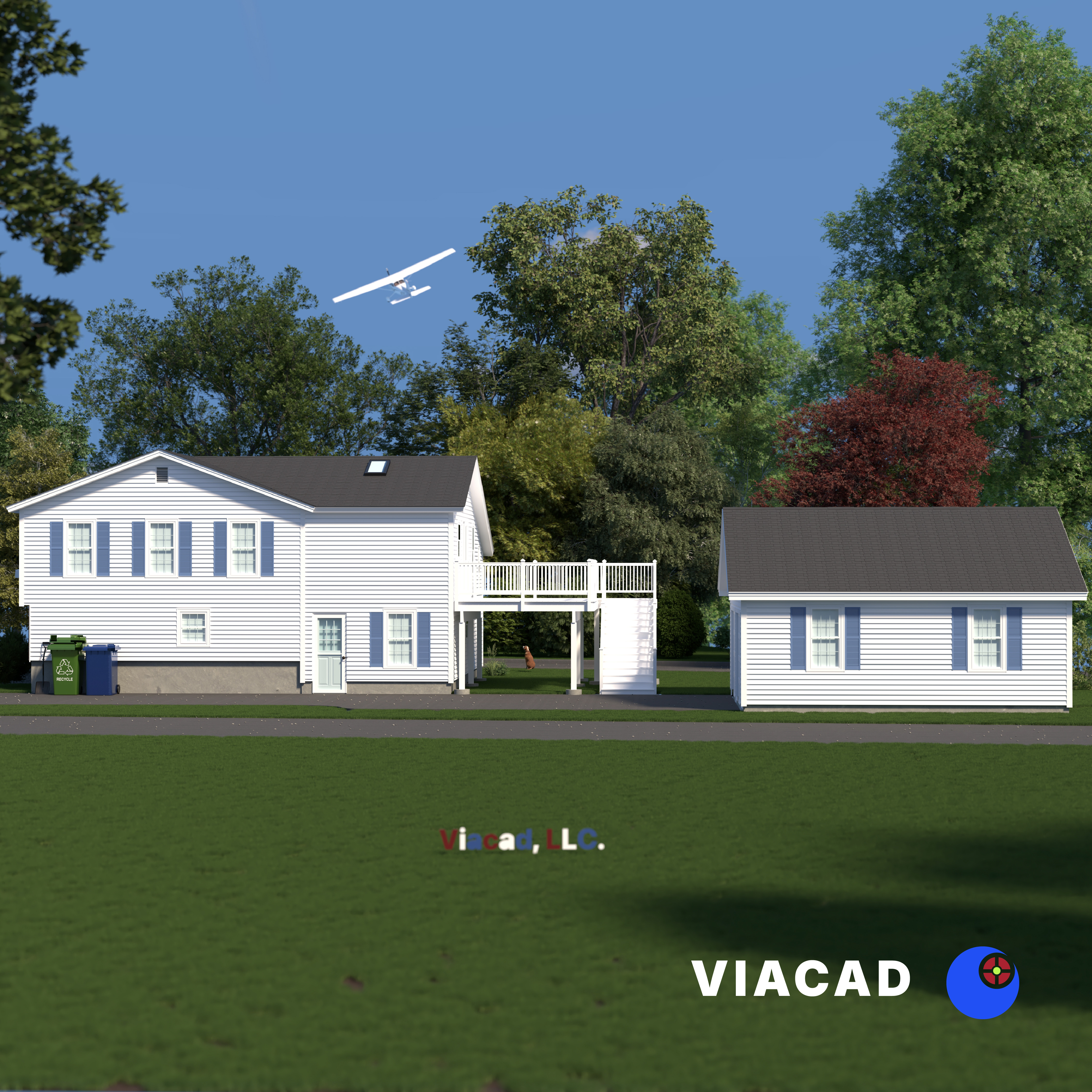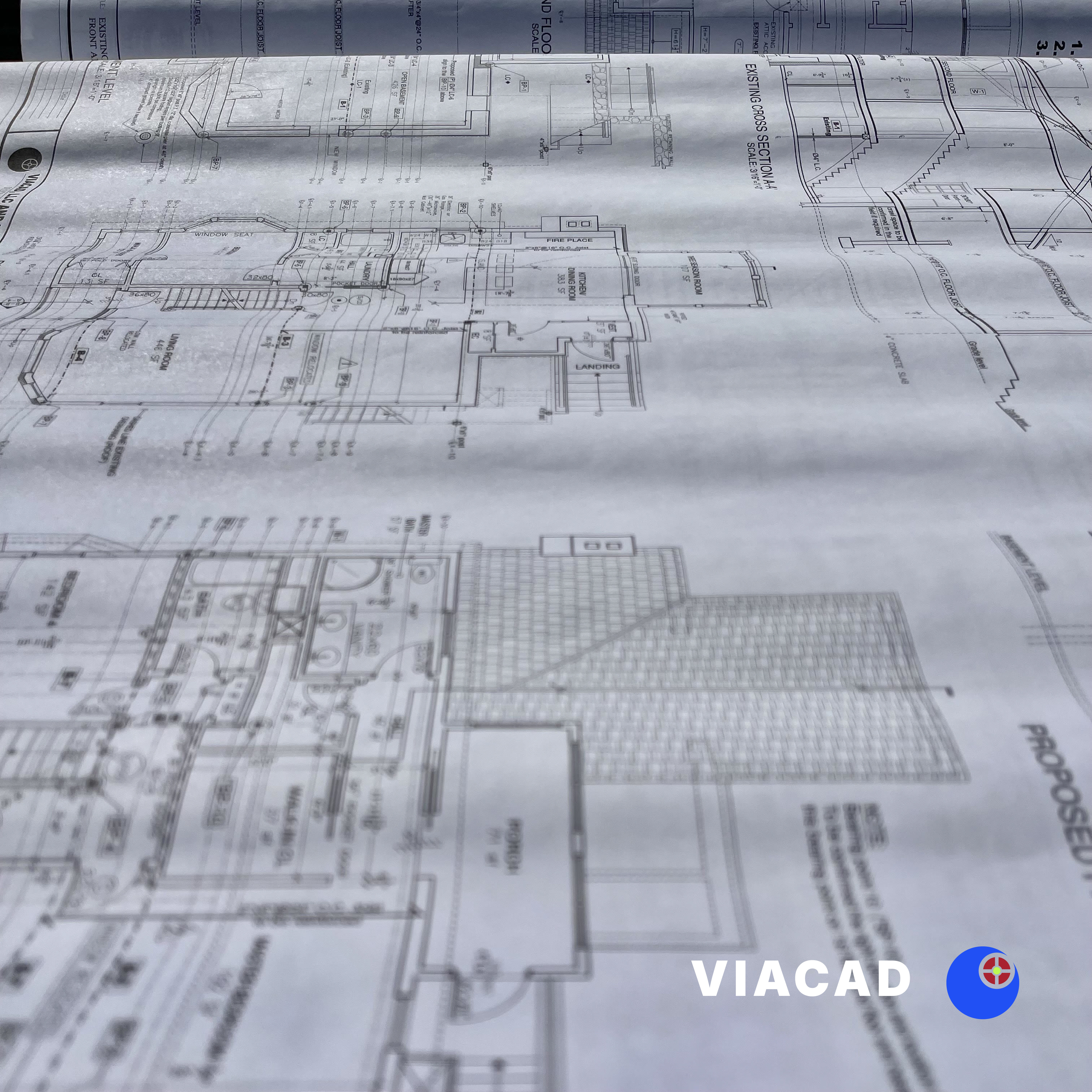
Accessory homes, also known as accessory dwelling units (ADUs), have become an increasingly popular solution for homeowners in Massachusetts looking to maximize their property’s potential. These secondary housing units create new opportunities to address the state’s growing housing needs by providing additional living spaces, generating rental income, and accommodating family members, all while tackling some of the pressing challenges of Massachusetts’ housing crisis. In this article, we will explore everything you need to know about accessory homes in Massachusetts, including their physical forms, state-specific regulations, financing options, and social benefits.
An accessory home, or accessory dwelling unit, is a secondary dwelling unit located on the same lot as a primary residence. In Massachusetts, ADUs are defined under recent legislation that allows property owners to build units up to 900 square feet by right in single-family zoning districts without requiring special or discretionary approval from local zoning boards. These units are designed to be self-contained living spaces, often including a kitchen, bathroom, and sleeping area.
Accessory homes come in various physical forms, such as basement apartments with a separate door or back door for private access, backyard cottages accessed directly from the yard, carriage houses, laneway houses, garage conversions, ADUs built above or attached to a garage, or tiny homes. For comparison, a tiny house on wheels offers mobility and a downsized lifestyle, but differs from a permanent ADU. The key characteristic is that they are detached or attached structures that provide additional living space without subdividing the property.
Accessory homes are sometimes referred to by other names like granny flats, in-law suites, or mini apartments, depending on their design and intended use. For example, a basement apartment may be an existing ADU within the main house’s foundation, accessed through a separate door, while a detached structure like a carriage house, a garage apartment, or a backyard cottage is built separately from the primary residence.
Accessory dwelling units offer numerous benefits for homeowners and communities across Massachusetts. One of the most attractive advantages is the potential for rental income. By creating a permitted ADU on their property, homeowners can rent out the unit to tenants, helping to offset mortgage payments or save money on living expenses. This additional income stream can be particularly valuable for retirees or those looking to refinance their home.
Beyond financial gains, accessory homes provide more options for housing within existing neighborhoods across the state. They can accommodate adult children who need their own space but want to remain close to family, support multigenerational households, or offer affordable housing alternatives in high-demand areas like Boston, Cambridge, and Worcester. These units help increase housing density without requiring new infrastructure or expanding urban sprawl, making them a sustainable solution to Massachusetts’ housing crisis.
The recent Affordable Homes Act passed in 2024 highlights the state’s commitment to jumpstarting housing production and easing zoning restrictions for ADUs. The law allows property owners to build ADUs up to 900 square feet by right in single-family zoning districts, removing barriers that previously limited ADU development. Social benefits also arise from ADUs by fostering community connections and providing flexible living arrangements for family members. In-law suites or granny flats allow aging parents to live independently while staying close to their loved ones, reflecting changing family dynamics and preferences.
Accessory homes in Massachusetts come in a variety of physical forms, each suited to different property types and local zoning regulations. Common types include:
Each type of accessory home must comply with Massachusetts’ ADU regulations, local zoning bylaws, and state building codes, which dictate aspects like size limits, setbacks, parking requirements, and permitted uses.
At VIACAD, LLC., we understand that the foundation of a successful accessory home project starts with well-crafted design plans. Many homeowners underestimate the importance of having detailed blueprints before contacting contractors. Often, the process is reversed; homeowners approach contractors first, who then reach out to building designers like us. By engaging VIACAD, LLC. early to develop your residential plans, you gain control over the bidding process, allowing you to seek and compare bids from multiple contractors based on the same clear, precise plans. This approach helps protect your investment by reducing surprises, change orders, and delays during construction.

Understanding and complying with Massachusetts’ existing zoning and ADU regulations is critical when creating an accessory home. The Affordable Homes Act (Chapter 150 of the Acts of 2024) amended the state’s Zoning Act to allow ADUs up to 900 square feet to be built by right in single-family zoning districts, eliminating the need for special zoning board approvals in many cases.
However, local municipalities may have additional rules regarding ADU development, and homeowners should consult their city or town planning and building departments for specific requirements. The Executive Office of Housing and Livable Communities (EOHLC) provides model ADU zoning guidelines and resources to assist municipalities and homeowners.
Massachusetts ADU regulations also address important safety and health standards, including compliance with the state building code, Title 5 septic system requirements, and fire safety rules. Ensuring that the new ADU meets these standards is essential to avoid code violations and protect property values.
VIACAD, LLC. brings over 18 years of design and construction experience serving Worcester and Central Massachusetts. We specialize in creating residential and commercial design plans that are tailored to your property’s unique conditions, local zoning, and building codes. Our expertise helps streamline approvals and makes the construction process smoother and more predictable, serving as the quiet engine behind your successful build.
Financing the construction or purchase of an accessory home in Massachusetts can be achieved through various loan products, including conventional mortgages, home equity loans, or specialized ADU loans. Homeowners may choose to refinance their existing mortgage to access funds for ADU construction, especially if the accessory dwelling unit will increase the property’s value and generate rental income.
Certain lenders in Massachusetts recognize the role of accessory homes in affordable housing solutions and offer financing options tailored to ADU projects. Borrowers should explore mortgage products that accommodate accessory dwelling units and verify if their property qualifies under current financing guidelines.
Additionally, Massachusetts offers grants and subsidies through programs like the Community One Stop for Growth to encourage ADU development and assist municipalities with local ADU rule adoption.
Accessory homes are a practical response to Massachusetts’ housing crisis, helping to increase the housing supply on single-family lots without extensive new infrastructure or large-scale developments. These units provide affordable living options for renters, including young professionals, seniors, and low-income families.
Accessory homes also support multigenerational households by offering separate but nearby living spaces for family members, reducing the demand for larger homes and easing overcrowding in many communities.
Moreover, accessory homes help preserve neighborhood character by integrating new housing within existing communities, rather than altering zoning to allow high-density apartment complexes.
Accessory homes, or accessory dwelling units, present a versatile and effective solution for Massachusetts homeowners seeking to enhance their property’s value, generate rental income, and contribute to more affordable and diverse housing options. Whether through basement apartments, backyard cottages, or carriage houses, these units reflect a growing trend toward flexible, sustainable living arrangements in the state.
Understanding the physical forms, navigating Massachusetts-specific zoning and ADU regulations, and exploring financing options are crucial steps for anyone interested in creating an accessory home. With the right approach, accessory dwelling units can provide significant social and economic benefits, helping to address the housing crisis while offering homeowners more options and financial security in Massachusetts.
Partnering with our team ensures that your plans are comprehensive, code-compliant, and tailored to your vision, laying the groundwork for a smoother construction process and better project outcomes.


Currently accepting projects in Massachusetts.